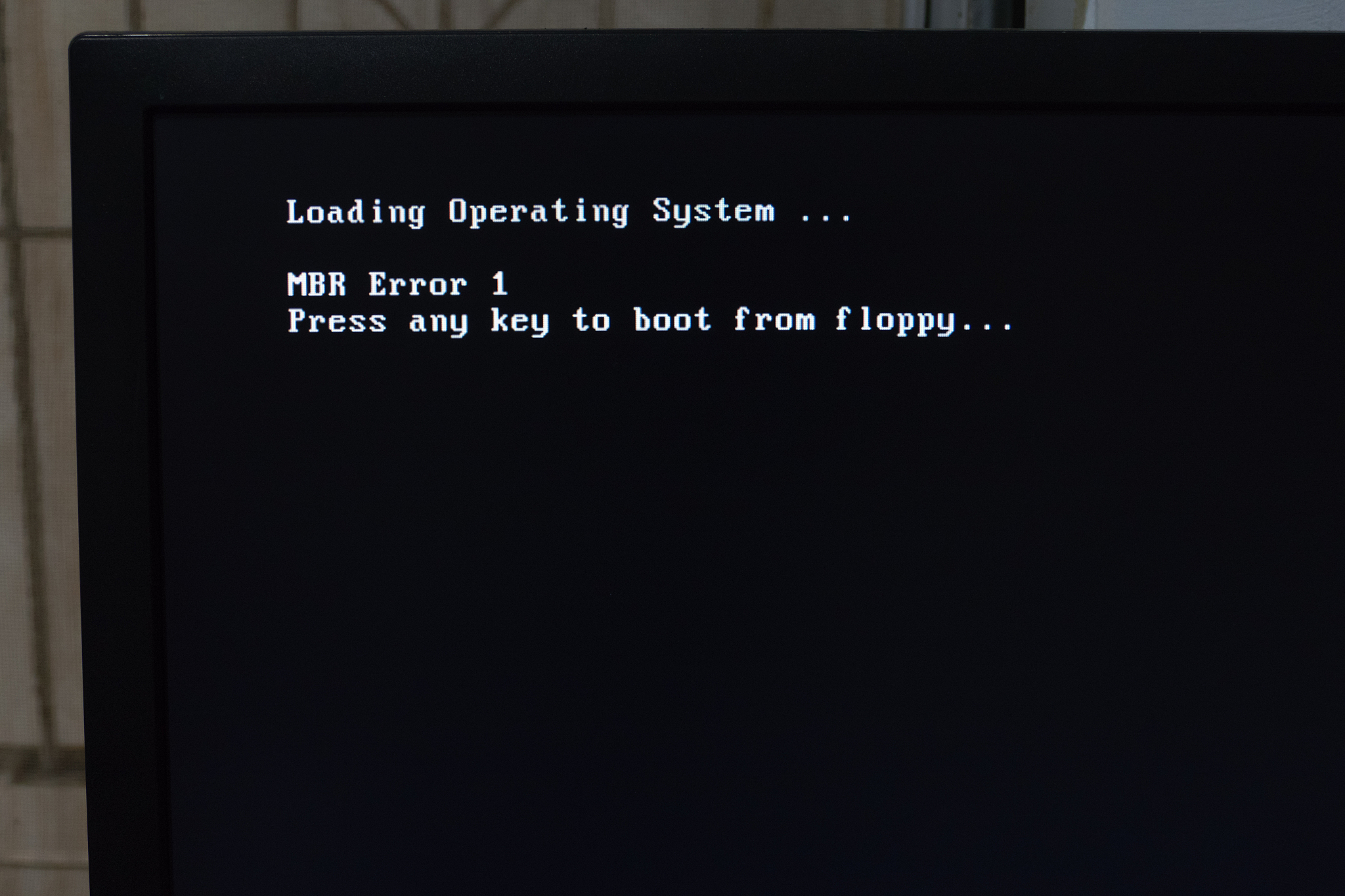Define term error Discuss different types of errors used in the experimental workConcise explanation
An error is a mistake or discrepancy that occurs during an experiment or research study that causes the results to deviate from the expected or intended outcome.
There are several types of errors that can occur in experimental work, including:
-
Systematic errors: These are errors that occur consistently and repeatedly during the experiment due to a flaw in the experimental design or equipment. Systematic errors can lead to biased or inaccurate results.
-
Random errors: These are errors that occur randomly and unpredictably during the experiment. They can be caused by factors such as environmental conditions, human error, or measurement imprecision. Random errors can cause the results to deviate from the expected outcome, but they can be minimized by controlling the experimental conditions and taking multiple measurements.
-
Measurement errors: These are errors that occur when the measuring instrument is not calibrated or functioning properly. Measurement errors can cause inaccurate readings and affect the overall results of the experiment.
-
Sampling errors: These are errors that occur when the sample selected for the experiment is not representative of the population being studied. Sampling errors can lead to biased or inaccurate results.
-
Human errors: These are errors that occur due to mistakes made by the experimenter during the experiment. Human errors can include misreading a measurement, recording data incorrectly, or not following the experimental protocol.
It is important to identify and minimize errors in experimental work to ensure accurate and reliable results. This can be done by carefully designing the experiment, controlling the experimental conditions, taking multiple measurements, and double-checking data and calculations

原文地址: https://www.cveoy.top/t/topic/hkmd 著作权归作者所有。请勿转载和采集!